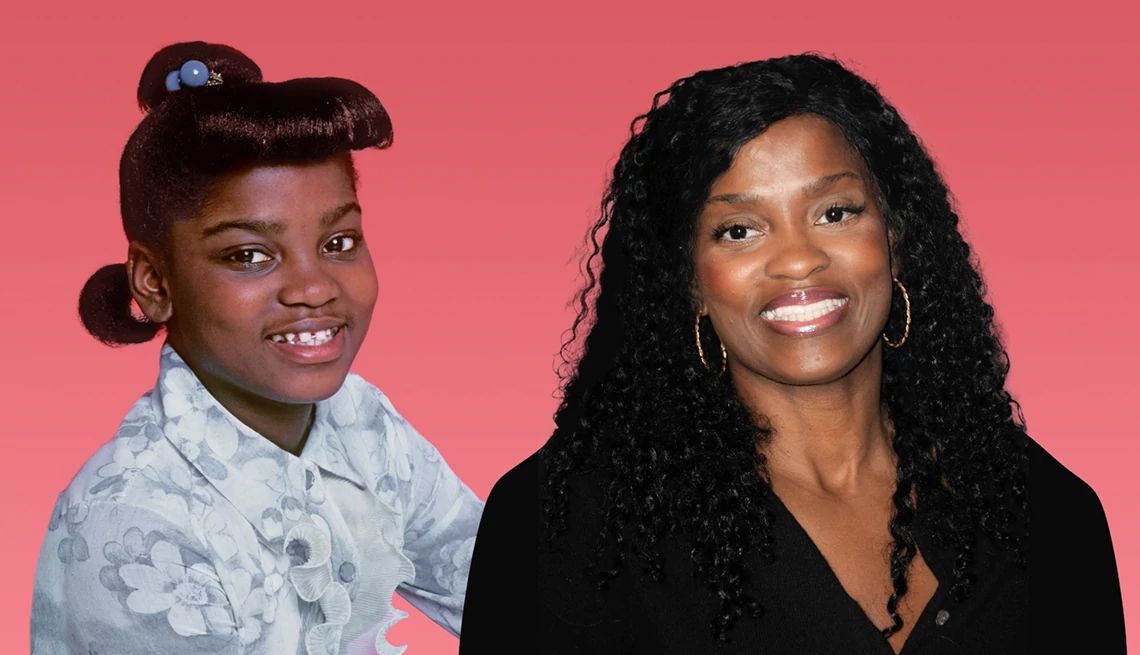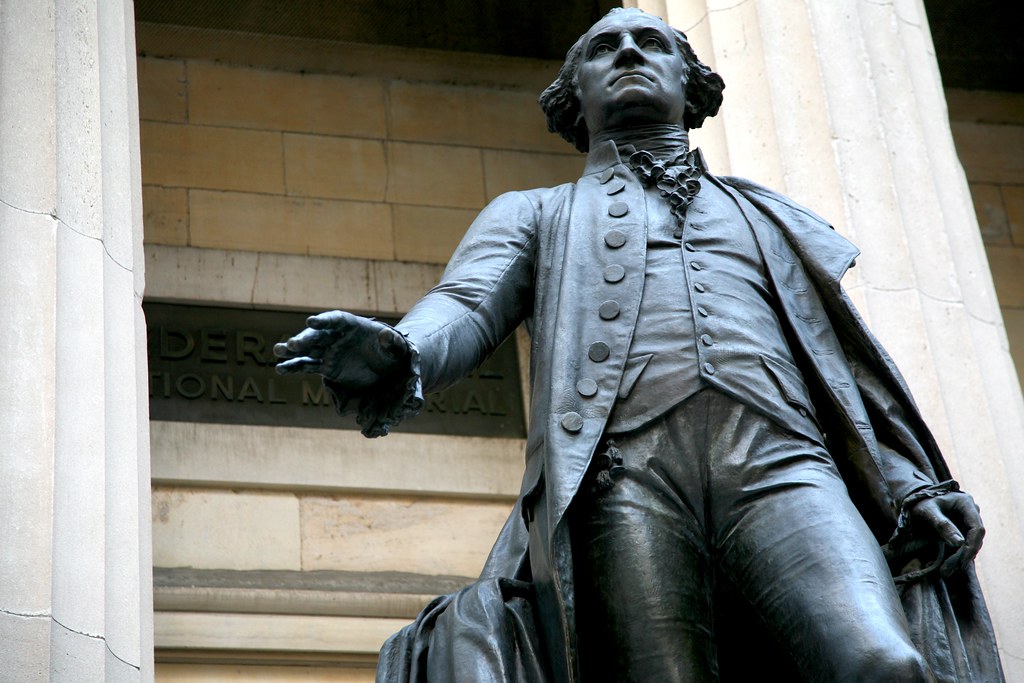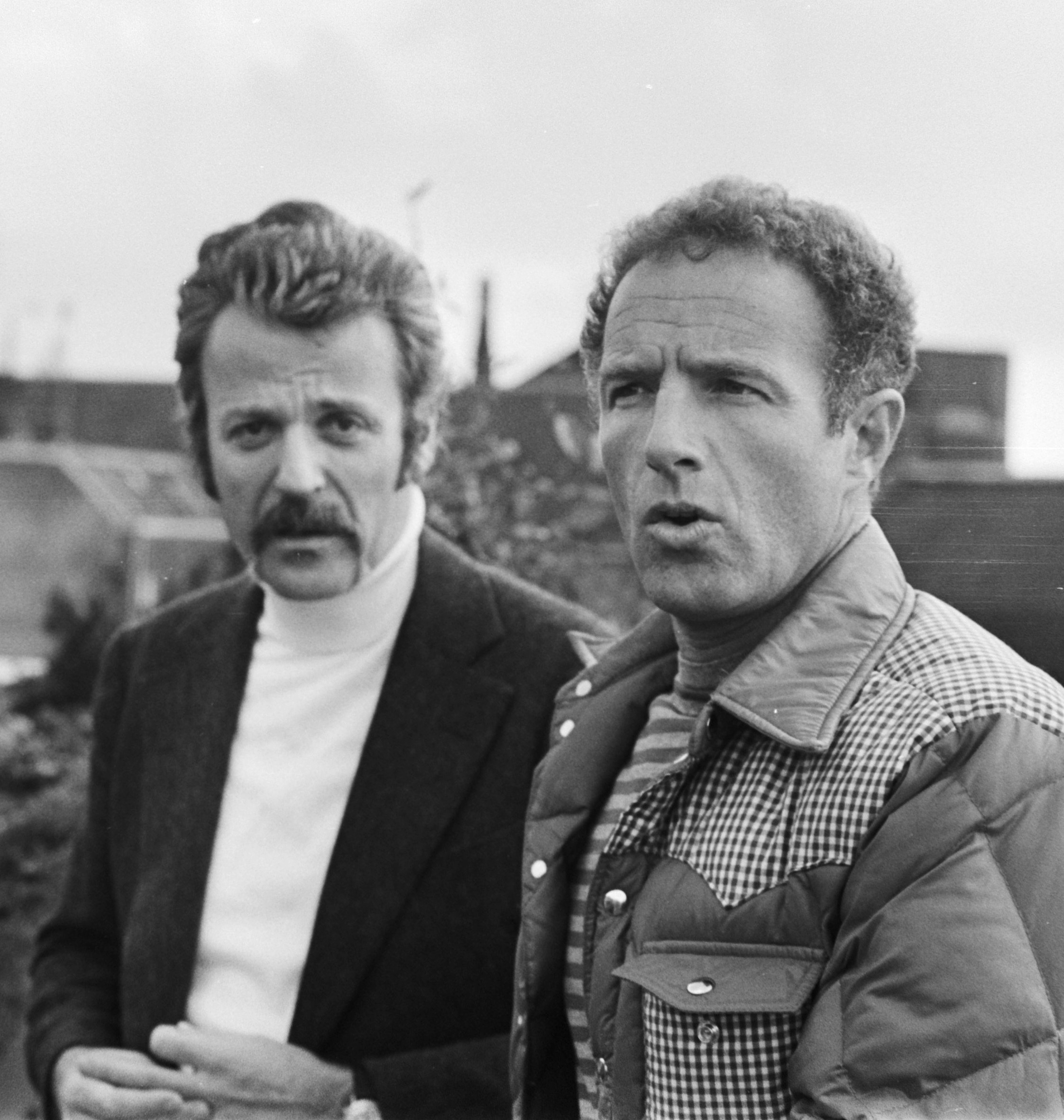
In the world of celebrity news, few stories capture our hearts quite like those of redemption, reflection, and the yearning for reconnection. For over a decade, the enduring bond between television brothers Charlie Harper and Alan Harper, played by Charlie Sheen and Jon Cryer on the hit show “Two and a Half Men,” seemed to exist only on screen. Behind the scenes, a different narrative unfolded—one of strained relationships, public struggles, and a silence that stretched for years following Sheen’s highly publicized battle with drug addiction and his subsequent departure from the show.
Now, Charlie Sheen, at 60 years old and reportedly eight years sober, is openly reaching out, not just in private messages, but with a public plea that echoes across the internet. His recent interviews for an upcoming Netflix documentary and a memoir reveal a man looking back at a tumultuous past with newfound clarity and a deep desire to mend fences. It’s a candid moment that has fans and former colleagues alike wondering: can this iconic duo truly reconcile after so much time and so many public difficulties?
This article takes a deep dive into the story behind Sheen’s heartfelt plea, exploring the circumstances that led to the estrangement, the projects bringing their story back into the spotlight, and the painstaking steps being taken toward a hopeful reunion. It’s a narrative rich with human emotion, regret, and the timeless pursuit of forgiveness—a story that, much like the best celebrity sagas, reminds us of the complexities of fame, friendship, and personal growth.
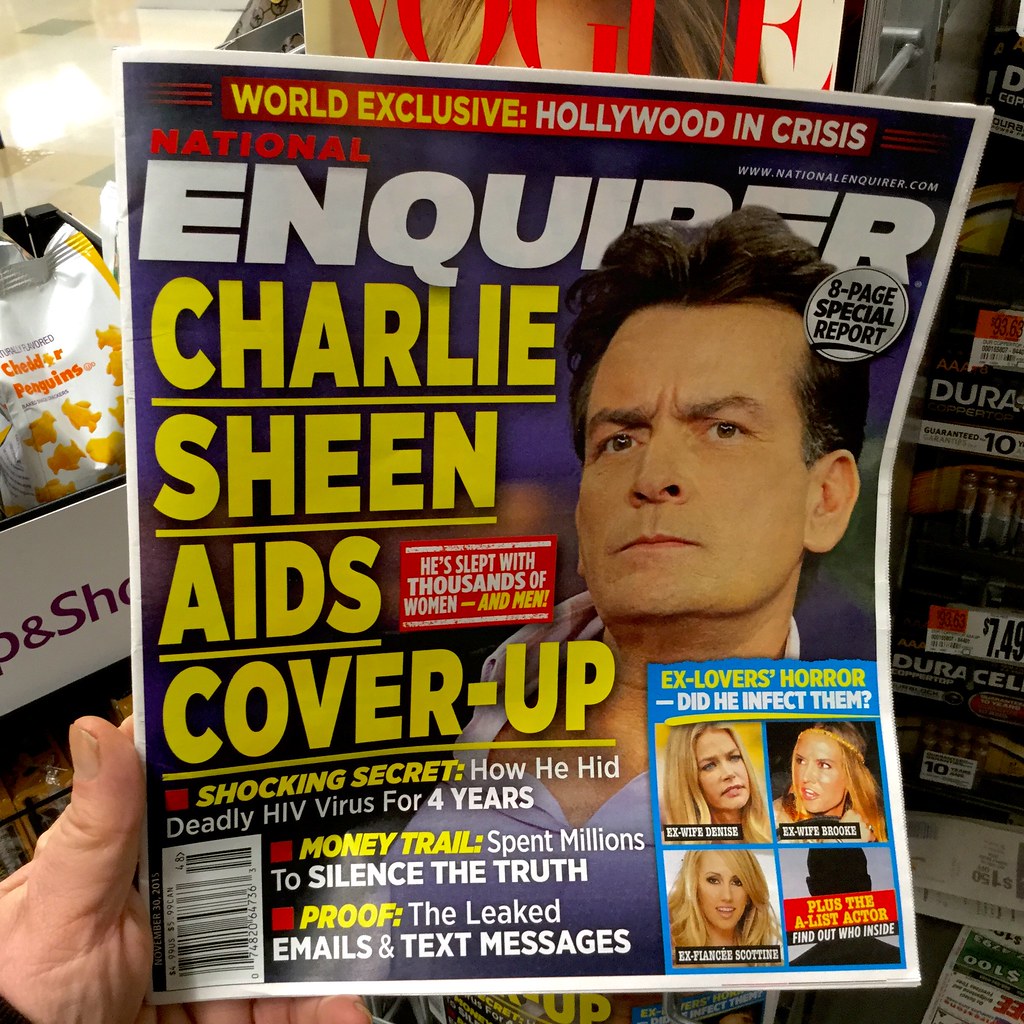
1. **Charlie Sheen’s Urgent Public Plea for Jon Cryer’s Number**The most recent and attention-grabbing development in the Sheen-Cryer saga is Charlie Sheen’s direct appeal to Jon Cryer to “DM me your new number!” This wasn’t a whispered aside or a private message; it was a public statement made during interviews for his new documentary and memoir, signaling a profound desire to reconnect. The plea highlights Sheen’s frustration with not having a current way to reach his former co-star, suggesting that previous attempts to communicate might have been thwarted by outdated contact information.
Sheen expressed his conviction that Cryer, known for his responsibility, wouldn’t have ignored a message intentionally, leading him to believe the contact details he used were simply wrong. This public call-out, while unconventional, speaks volumes about Sheen’s earnestness and his willingness to use any platform available to bridge the gap. It’s a move that captures the very essence of the human interest stories People Magazine loves to tell—raw, relatable, and deeply personal.
His words, “If you’re reading this, Jon, DM me your new number!”, became an instant headline, transforming a personal quest into a widespread talking point. It reflects a man no longer shielded by publicists or intermediaries, but directly appealing to a long-lost friend. This directness, while surprising, resonates with many who have experienced the difficulty of reconnecting with someone after years of separation and changed circumstances, making Sheen’s public plea all the more poignant and understandable.
The urgency in his voice implies that this isn’t just a casual thought, but a priority for Sheen as he navigates this new chapter of his life. It’s an open invitation, a clear signal that he values the connection with Cryer and is actively seeking to revive it. This public display of vulnerability is a significant step for Sheen, demonstrating a willingness to set aside past hurts and embrace the possibility of a renewed friendship, regardless of the public stage.
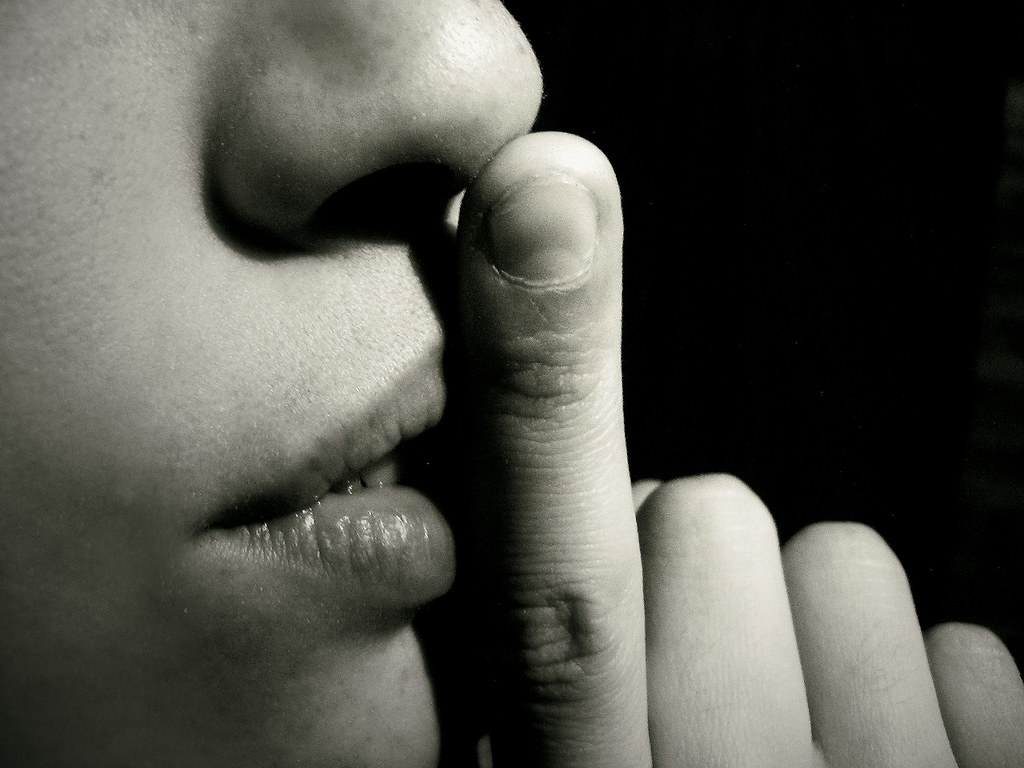
2. **A Decade of Silence: The Strained Relationship Since “Two and a Half Men”**For over ten years, the once-close bond between Charlie Sheen and Jon Cryer, forged during their hugely successful run on “Two and a Half Men,” deteriorated into a profound silence. The strain began as Sheen’s drug addiction intensified, leading to erratic behavior that ultimately impacted the show’s production and the lives of those around him. This period was marked by high stress and uncertainty, not just for the cast and crew, but for the entire infrastructure built around the show.
Cryer, who played Sheen’s on-screen brother, found himself caught in the direct line of fire, witnessing firsthand the destructive path Sheen was on. The context notes that Cryer revealed last year that he and Sheen hadn’t spoken in years, and he was still bitter that their sitcom “fell apart” due to Sheen’s highly publicized drug and alcohol issues. This bitterness wasn’t just about a show ending; it was about the impact on careers, families, and personal well-being.
The emotional toll on Cryer and others involved was immense, as they navigated the daily challenges of working alongside someone battling severe addiction. The professional environment became incredibly challenging, and the personal relationship between the actors suffered irreparable damage at the time. This decade of silence wasn’t just a lack of communication; it was a deep chasm created by unresolved issues, hurt feelings, and the consequences of addiction that rippled through their professional and personal lives.
Sheen himself acknowledged this, stating, “He was in the line of fire with all that stupid s— going on, and it was affecting him and his family and his career and all that.” This retrospective understanding from Sheen underscores the gravity of his past actions and their widespread repercussions. The silence was a manifestation of the deep wounds inflicted, a period necessary for both individuals to process the past, albeit separately.

3. **The Unforgettable Exit: Sheen’s Firing and the Show’s Shift**Charlie Sheen’s departure from “Two and a Half Men” in 2011 was not just a plot twist; it was a seismic event that shook Hollywood. At the peak of its popularity, with Sheen reportedly earning $1.8 million per episode, his public battles with drug addiction became unmanageable, leading to a halt in production and ultimately his firing. This unprecedented move by Warner Bros. and CBS underscored the severity of the situation, as they chose to shut down production for the remainder of the eighth season rather than continue amidst the chaos.
Sheen’s contract was terminated, and his beloved character, Charlie Harper, was killed off, leaving a massive void in the show’s dynamic. This decision sent shockwaves through the industry, signaling a zero-tolerance policy for behavior that disrupted such a lucrative enterprise. The show, which had been an “incredibly popular show that aired for 12 seasons from 2003 to 2015,” faced an uncertain future without its leading man.
The makers, however, were determined to keep the series going. They quickly brought in Ashton Kutcher as Walden, a new character who moved into the iconic beach house, attempting to fill the void left by Sheen. While Kutcher brought a fresh energy, the show’s viewership and ratings never quite managed to recover to their pre-Sheen levels, eventually leading to its cancellation in 2014. The impact of Sheen’s exit was not only felt personally but demonstrably affected the show’s commercial success and cultural footprint.
This era marked a pivotal moment for everyone involved, forever changing the trajectory of the show and the careers of its stars. Sheen himself, in hindsight, expressed regret, saying, “I think if I hadn’t done what I had, I could be living a different life right now. All my problems wouldn’t be what they are.” This reflection speaks to the profound consequences of his actions, an acknowledgment that his choices created an unforgettable rupture in a hugely successful chapter of his life.
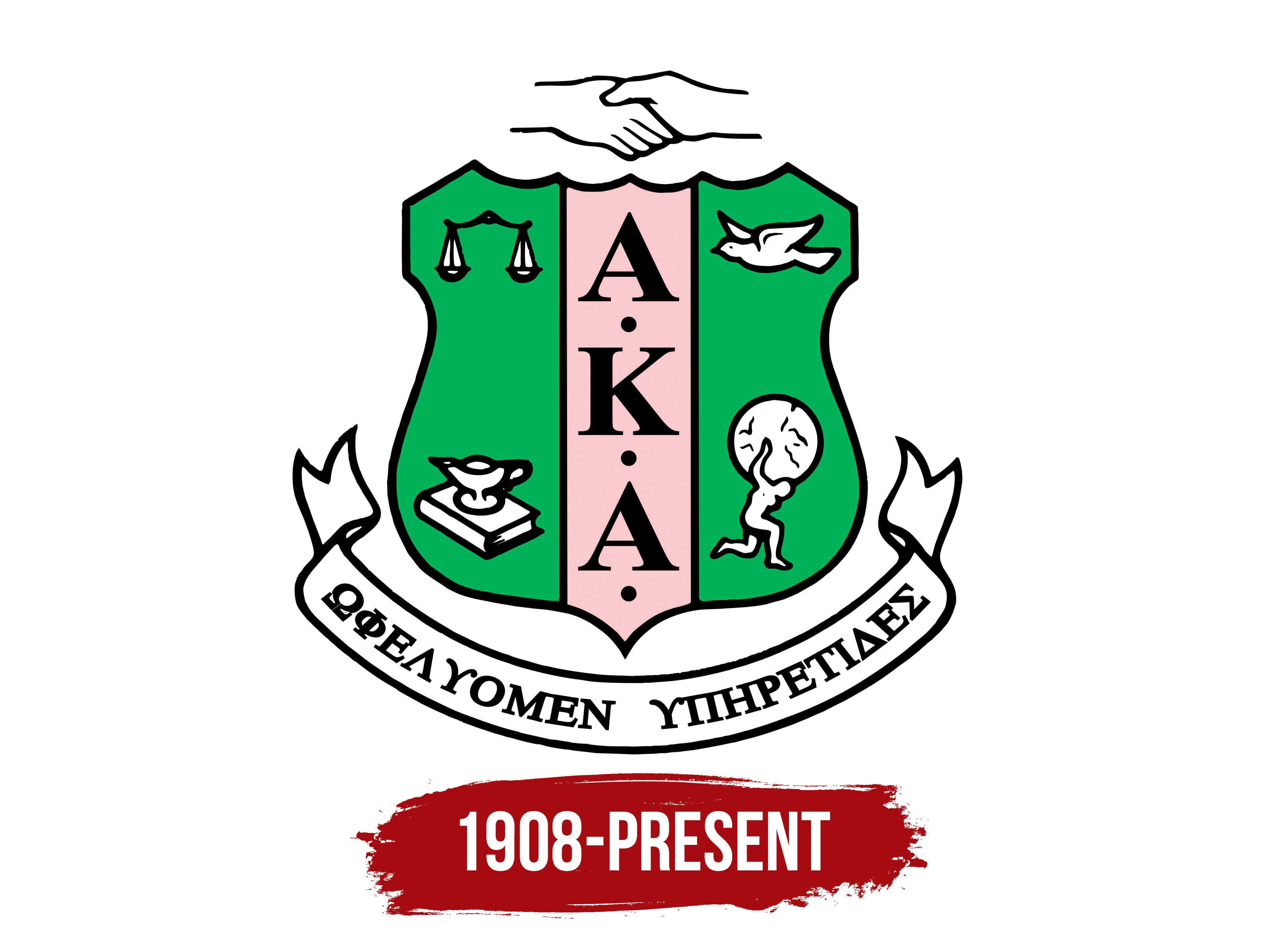
4. **”aka Charlie Sheen”: The Documentary Bringing the Past to Light**Central to Charlie Sheen’s current media appearances and his renewed efforts for reconciliation is his upcoming Netflix documentary, “aka Charlie Sheen.” This warts-and-all film promises an unvarnished look at his life, particularly the tumultuous period that led to his public downfall and subsequent firing from “Two and a Half Men.” The documentary is a significant undertaking, offering Sheen a platform to reflect on his past and potentially reshape his public narrative.
What makes this documentary particularly compelling is the involvement of numerous figures from Sheen’s personal and professional life. The context explicitly mentions that “A number of people participated in the documentary, including his co-star Cryer, who was interviewed on camera.” This makes Cryer’s appearance a “surprise appearance,” as he had previously stated they hadn’t spoken in years. The inclusion of Cryer, Sean Penn, Denise Richards, and even Sheen’s former drug dealer indicates a comprehensive and unflinching examination of his journey.
The documentary is designed to provide diverse perspectives on Sheen’s life and struggles, offering insights from those who witnessed his highs and lows. Cryer’s contribution, in particular, is highlighted as honest and compassionate, giving Sheen an opportunity to hear directly how his actions impacted others. This is not just a film about Sheen’s perspective; it’s a mosaic of experiences and observations from those who shared his world during his most challenging times.
Set to drop on Netflix on September 10, “aka Charlie Sheen” is more than just an entertainment piece; it’s a crucial component of Sheen’s personal journey toward understanding and potential redemption. It acts as a catalyst, pushing him to confront his past and, in doing so, to reach out to those he may have hurt, including Jon Cryer. The documentary serves as both a reflection and a bridge, paving the way for difficult but necessary conversations.
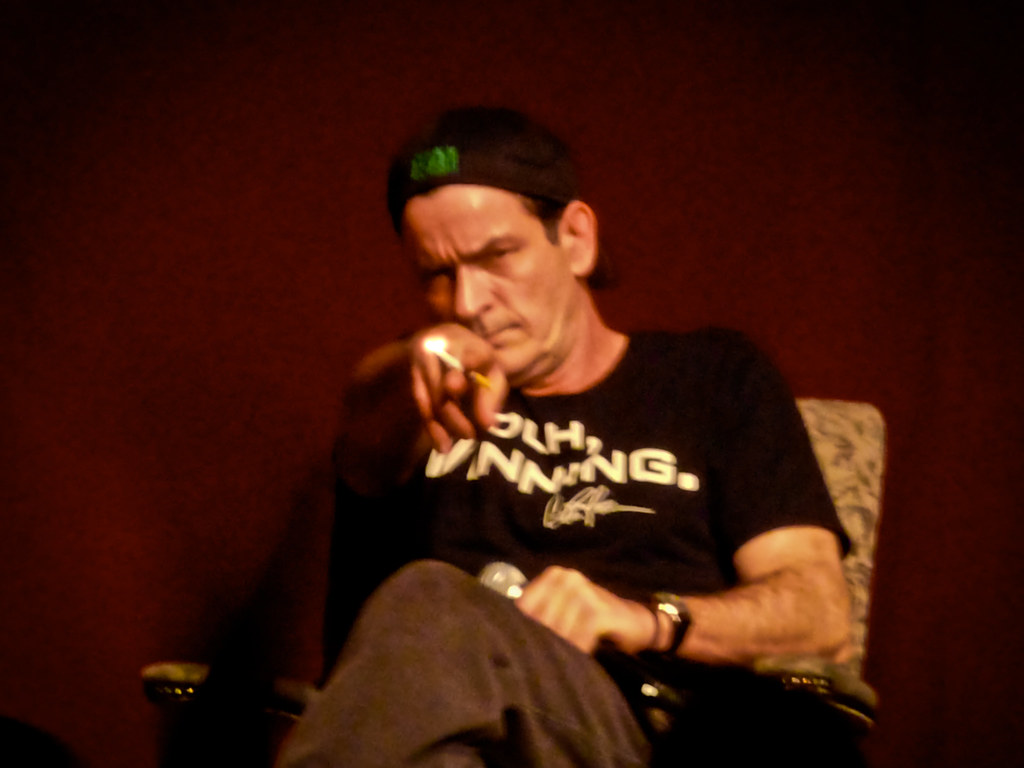
5. **The Memoir ‘The Book of Sheen’: Reflecting on a Tumultuous Past**Alongside the Netflix documentary, Charlie Sheen is also promoting his upcoming memoir, ‘The Book of Sheen,’ set to hit shelves on September 9. This literary endeavor provides another avenue for the actor to delve into his life’s experiences, offering a deeper, more personal narrative than what might be captured on film. A memoir, by its nature, allows for introspection and a detailed recounting of events from the author’s own perspective, providing context and emotional depth.
Writing a memoir can be a profoundly cathartic process, forcing an individual to revisit and re-evaluate their past choices, successes, and failures. For Sheen, who has openly discussed his regrets and the impact of his addiction, this book offers a chance to articulate his journey in his own words, potentially shedding new light on the events that led to his public downfall. It’s an opportunity for him to share insights gained from eight years of sobriety.
The memoir’s release concurrently with the documentary suggests a coordinated effort by Sheen to present a comprehensive account of his life’s chapters. While the documentary provides visual and spoken accounts from various perspectives, ‘The Book of Sheen’ offers a more intimate, internal monologue, allowing readers to truly understand his thought process and emotional landscape during those tumultuous years and his path to sobriety.
This two-pronged approach—a visual documentary and a written memoir—underscores Sheen’s commitment to transparency and self-reflection. It positions him not just as a celebrity recounting tales, but as an individual engaged in a serious process of accountability and personal growth. The memoir is likely to complement the documentary by offering a more nuanced exploration of his internal struggles and the profound realizations that have guided his current desire for reconciliation with figures like Jon Cryer.

6. **The Quest for Connection: Sheen’s Struggle to Contact Cryer Personally**One of the most touching aspects of Charlie Sheen’s recent revelations is his admitted struggle to personally contact Jon Cryer. Despite his desire for Cryer’s participation in the “aka Charlie Sheen” documentary and his subsequent attempt to thank him, Sheen found himself without the right contact information. He stated, “The only person I didn’t call personally to participate in the doc was Jon,” emphasizing the unique challenge he faced with his former co-star.
Sheen clarified the reason for this gap, admitting, “And the only reason I didn’t call him was because I didn’t have the right number for him.” This detail is crucial because it suggests that the decade-long silence wasn’t necessarily due to a deliberate avoidance on Sheen’s part in recent times, but a practical hurdle. It paints a picture of a celebrity who, despite his fame, found himself cut off from a significant person in his past, highlighting the very real human aspect of lost connections.
This inability to reach Cryer directly meant that Sheen couldn’t extend a personal invitation to participate in the documentary, nor could he immediately convey his gratitude after seeing Cryer’s contributions. It’s a testament to how deeply fractured their relationship became that even basic contact information was no longer available to Sheen. This situation adds a layer of pathos to his public plea, as it reveals a genuine, if somewhat belated, effort to bridge a long-standing divide.
The struggle for connection is a relatable human experience, and Sheen’s candid admission makes his story more accessible. It underscores that even in the high-glamour world of Hollywood, personal relationships can fray and communication channels can close, leaving individuals scrambling for ways to reconnect. His persistent attempts, even when met with initial silence, speak to the enduring significance of his bond with Cryer.
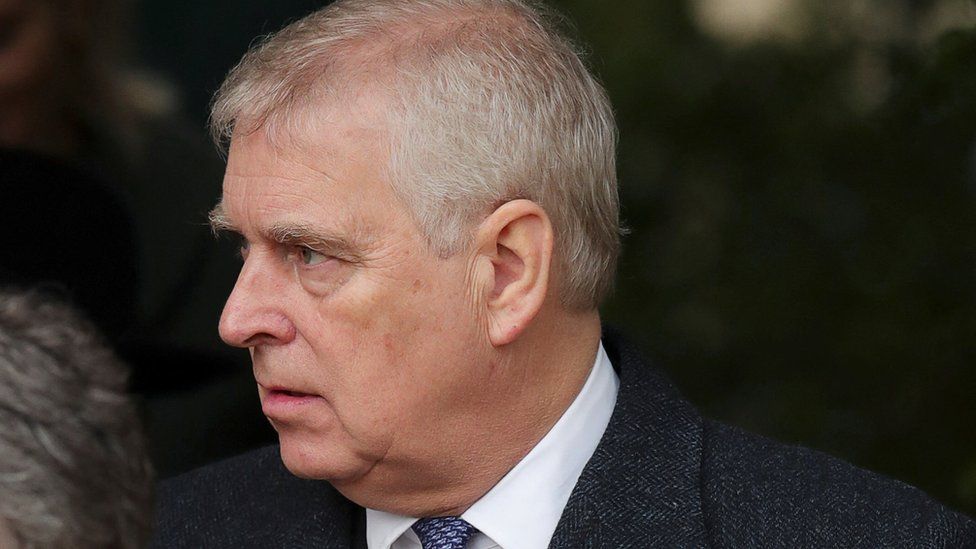
7. **Andrew Renzi’s Role: Bridging the Gap to Secure Cryer’s Participation**Since Charlie Sheen didn’t have Jon Cryer’s direct contact information, an intermediary became essential to secure Cryer’s involvement in the Netflix documentary “aka Charlie Sheen.” This crucial role was played by director Andrew Renzi. Sheen openly shared that “the director reached out to him” on his behalf, highlighting Renzi’s successful effort in bridging a significant communication gap that Sheen himself could not overcome.
Renzi’s intervention proved vital, demonstrating that even when personal channels are closed, professional avenues can sometimes pave the way for important dialogues. For Cryer to agree to participate, particularly given his past comments about the strained relationship, suggests that Renzi likely approached him with sensitivity, explaining the documentary’s purpose and the context of Sheen’s reflections. It speaks to Renzi’s skill in navigating delicate celebrity relationships.
This act of mediation by the director facilitated Cryer’s “surprise appearance” in the documentary, allowing his perspective to be heard and recorded. Without Renzi’s efforts, Cryer’s insights, which Sheen later found to be “so honestly and very compassionately” spoken, might never have been included. The director’s role, therefore, was not merely logistical; it was instrumental in bringing together key pieces of Sheen’s life story, providing a more rounded and credible narrative.
Renzi’s success in getting Cryer on camera implicitly underscores the documentary’s commitment to presenting a balanced view, rather than just Sheen’s side of the story. It allowed for a critical, yet empathetic, voice to be included, which ultimately resonated deeply with Sheen. This pivotal act of outreach by the director set the stage for Sheen’s subsequent attempt to thank Cryer, even if it led to the public plea for updated contact details.

8. **Jon Cryer’s Honest and Compassionate Insights in the Documentary**The “aka Charlie Sheen” documentary, which serves as a profound platform for Sheen’s reflections, truly comes alive with the “surprise appearance” of Jon Cryer. Given their long-standing silence, Cryer’s decision to participate and share his perspective offers an invaluable layer of honesty and depth to Sheen’s narrative. His contributions, as Sheen himself observed, were spoken “so honestly and very compassionately,” painting a picture that resonated deeply with his former co-star.
Cryer didn’t shy away from recalling the challenging realities of working with Sheen during his addiction. The documentary trailer captures poignant moments, with Cryer admitting, “You wanted to like him because he’s charming and smart,” showcasing the enduring affection and admiration that, despite everything, still existed. Yet, he also recounted the frustrations, stating, “He kept saying, ‘No, no, no I’m in the hospital now, but next week I’ll be ready for the show,’” illustrating the chaotic environment Sheen’s struggles created.
While Cryer’s on-screen comments in the documentary reveal a nuanced understanding, his past public statements had expressed a more direct “bitterness” that their hugely successful sitcom “fell apart” due to Sheen’s highly publicized drug and alcohol issues. This contrast highlights the careful and considered nature of his documentary appearance, suggesting a willingness to offer a more empathetic, albeit still truthful, account of those difficult times. It’s a testament to the complex emotions involved when personal struggles impact professional relationships.
His participation is not just a glimpse into the past; it’s a crucial component for Sheen’s journey of self-reflection. By hearing Cryer’s candid, yet not overtly critical, recollections, Sheen was given a unique opportunity to see the impact of his actions through the eyes of someone he deeply respected and who was directly affected. This provided a foundation for Sheen’s subsequent desire to express gratitude and seek reconciliation, making Cryer’s insights a pivotal moment in the documentary’s narrative.
Read more about: Charlie Sheen’s Heartfelt Message to Jon Cryer: Unpacking a Decade of Silence and Redemption After ‘Two and a Half Men’

9. **Cryer’s Analysis: Sheen’s Self-Worth and Addiction**Beyond just recounting the events, Jon Cryer offered a remarkably profound psychological insight into Charlie Sheen’s struggles, particularly connecting his drug addiction back to a deeper issue of self-worth. This wasn’t merely an observation of behavior; it was an attempt to understand the underlying causes of Sheen’s tumultuous period, a compassionate perspective that elevated Cryer’s contribution in the documentary far beyond simple celebrity anecdotes.
Sheen himself was struck by this analysis, admitting, “He nailed that, and I’m so glad he opened that door, because it gave me a chance to really start thinking about that.” Cryer posited that Sheen was “a guy that doesn’t believe he deserves the things he has, or that it was he earned.” This statement hit home with Sheen, revealing a long-held internal struggle that he hadn’t fully articulated or understood himself until he heard it from Cryer.
This insight resonated deeply with Sheen because it spoke to his own feelings of imposter syndrome and the unexpected nature of his success. He openly shared, “Suddenly, I felt like I was on a couch in Jon’s therapy office, and he was dead on.” Sheen explained his background—no formal training, no high school diploma—and how his rapid rise to stardom felt unearned, fostering a persistent “voice of doubt” telling him it would all go away. This led him to “enjoy this as heartily as you can,” perhaps a subtle nod to the excesses of his past.
Cryer’s ability to articulate such a fundamental aspect of Sheen’s psychology demonstrates the depth of their former bond and Cryer’s perceptive nature. It wasn’t just compassionate; it was truly “insightful,” providing Sheen with a crucial piece of self-knowledge on his path to understanding his past. This revelation became a cornerstone for Sheen’s reflections, opening new avenues for his personal growth and his ongoing journey of sobriety.
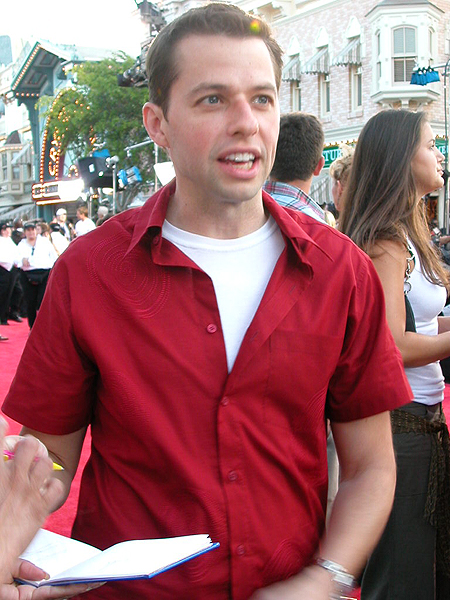
10. **Sheen’s Profound Empathy and Acknowledgement of Cryer’s Hurt**Upon hearing Jon Cryer’s perspective in the “aka Charlie Sheen” documentary, Charlie Sheen’s reaction was one of profound empathy and genuine acknowledgement of the pain he had caused. This wasn’t a defensive posture or an attempt to minimize his past actions; it was a clear demonstration of a man who has genuinely reflected on his behavior and its far-reaching consequences. Sheen recognized the immense toll his addiction had taken on those closest to him, particularly Cryer.
Sheen candidly stated, “He was in the line of fire with all that stupid s— going on, and it was affecting him and his family and his career and all that.” This admission is powerful because it illustrates Sheen’s understanding that Cryer was not merely a passive observer but a direct casualty of the chaos that surrounded “Two and a Half Men.” The ripple effects of Sheen’s addiction extended far beyond himself, impacting the personal and professional lives of his colleagues in devastating ways.
Crucially, Sheen added, “I can’t debate anything that he said.” This statement signifies a complete acceptance of Cryer’s truth, demonstrating a humility and maturity that marks a significant shift from his past public persona. It shows he’s not looking to argue or rationalize, but rather to listen, understand, and validate the experiences of others. This unreserved acceptance is a vital step in any process of reconciliation, acknowledging the validity of the other person’s hurt without qualification.
Sheen further commended Cryer’s insights as “really insightful of Jon, really, and compassionate,” underlining his appreciation for the way Cryer articulated his feelings. This level of understanding and empathy from Sheen is a testament to his eight years of sobriety and the hard work he has put into self-reflection. It positions him as someone who is genuinely seeking to make amends, starting with a heartfelt recognition of the impact of his past on his former co-star.

11. **The Unanswered Message: Sheen’s Post-Doc Attempt to Thank Cryer**After witnessing Jon Cryer’s “honest and very compassionate” contributions to the “aka Charlie Sheen” documentary, Sheen felt a powerful urge to express his gratitude and regret personally. This wasn’t just a fleeting thought; it was a sincere desire to bridge the gap that the documentary had, in some ways, inadvertently highlighted. The insights Cryer shared evidently moved Sheen deeply, prompting him to take a direct, albeit ultimately thwarted, step towards reconnection.
Sheen recounted his immediate action: “When I saw everything that Jon spoke about, so honestly and very compassionately, I wrote to him.” The content of his message was clear and heartfelt: “I said, ‘Hey, thank you for your contributions, and I’m sorry we didn’t connect personally. I hope to see you around the campus.’” This wasn’t a request for a job or a reunion on screen, but a genuine expression of thanks and a hope for a personal connection, a simple acknowledgment of their shared history and the impact of Cryer’s words.
However, this attempt was met with “radio silence.” Sheen received no response, which puzzled him given Cryer’s known reliability. “I’m thinking I wrote to the wrong number,” Sheen speculated, adding, “It’s not like Jon did not respond. He’s super responsible like that.” This detail speaks volumes, reinforcing the earlier point that Sheen genuinely lacked Cryer’s current contact information, rather than Cryer intentionally ignoring him in this instance.
This unanswered message became the immediate catalyst for Sheen’s now-famous public plea. Frustrated by the inability to personally reach out and express what was on his heart, Sheen resorted to using the media as a last resort. His public call-out, “If you’re reading this, Jon, DM me your new number!” stems directly from this failed private attempt, underscoring the sincerity and urgency of his desire to finally reconnect with his former co-star.
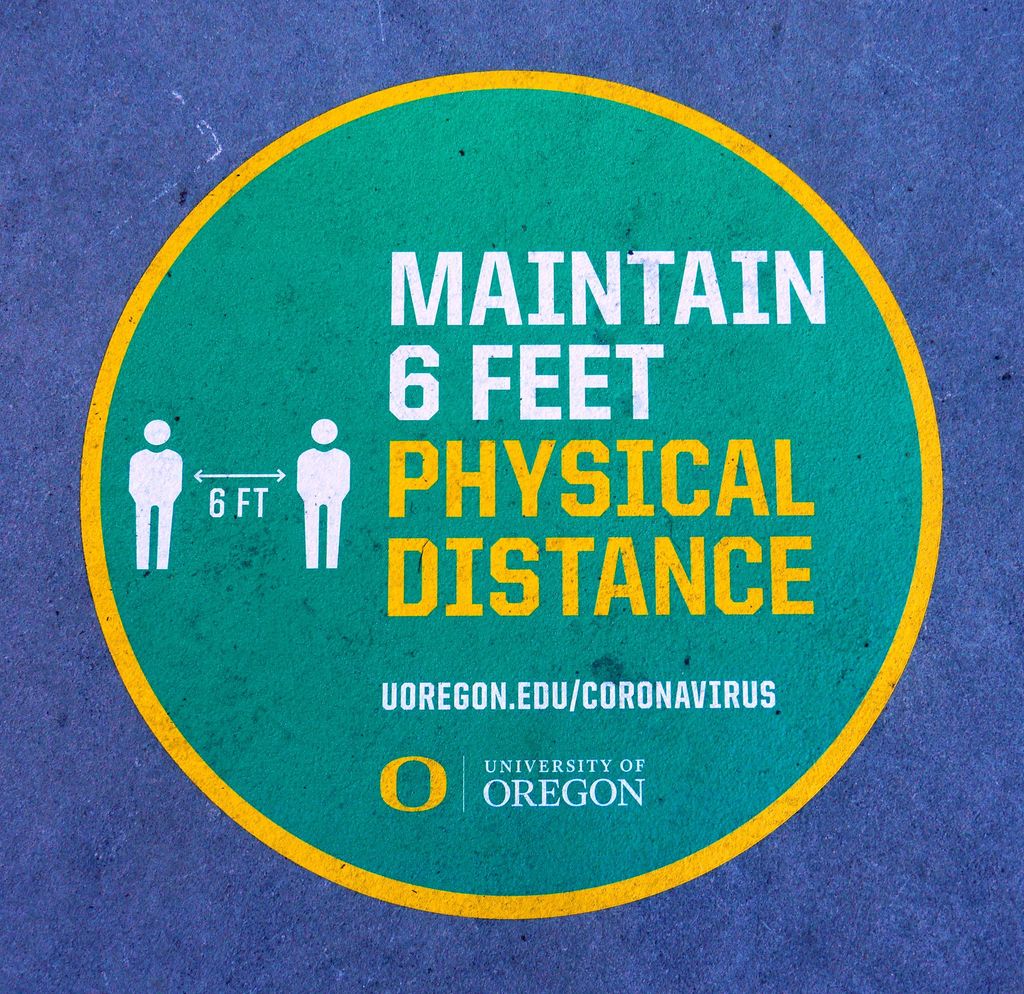
12. **Cryer’s Reluctance: “We Don’t Have a Relationship Anymore.”**Despite his compassionate participation in the “aka Charlie Sheen” documentary, Jon Cryer has been clear in recent public statements about the current state of his relationship with Charlie Sheen. While acknowledging Sheen’s sobriety and wishing him well, Cryer has maintained a necessary distance, signaling that the wounds from the past have not fully healed, and personal boundaries remain firmly in place. This perspective offers a sobering counterpoint to Sheen’s earnest pleas for reconciliation.
During an appearance on Bill Maher’s show in January, Cryer candidly stated, “We don’t have a relationship anymore.” This frank admission underscores the profound and lasting impact of Sheen’s tumultuous period on their friendship. While he found it “great to hear” about Sheen’s eight years of sobriety through mutual friends, this positive development hasn’t automatically translated into a renewed personal connection. It highlights the complex process of rebuilding trust after a decade of strained relations.
Cryer further elaborated on his professional reluctance during an appearance on “The View” the following month, when asked about a potential “Two and a Half Men” revival. He pointedly explained, “Charlie was, like, the highest-paid actor in television, yet he blew it up.” This statement is not just a recall of facts; it reflects the deep-seated impact of Sheen’s actions on the careers and livelihoods of those involved. It’s a pragmatic assessment of the risks of re-entering a professional partnership that once ended in such dramatic fashion.
His hesitation isn’t merely personal; it’s a professional concern for stability and reliability. Cryer openly questioned, “I don’t know if I want to get in business with him for any length of time,” indicating that while he might be willing to offer a compassionate retrospective, committing to an ongoing working relationship is a different matter entirely. The memory of Sheen’s firing and the show’s subsequent shift, with Ashton Kutcher stepping in, lingers as a significant cautionary tale.
Cryer’s nuanced position—offering honest, compassionate insights for a documentary while publicly affirming a continued personal and professional distance—demonstrates the complexity of healing and forgiveness. It shows that while understanding and empathy can exist, the desire for reconciliation is not always a one-way street, and the path to fully mended relationships can be long and fraught with historical challenges that some individuals may choose not to revisit fully.
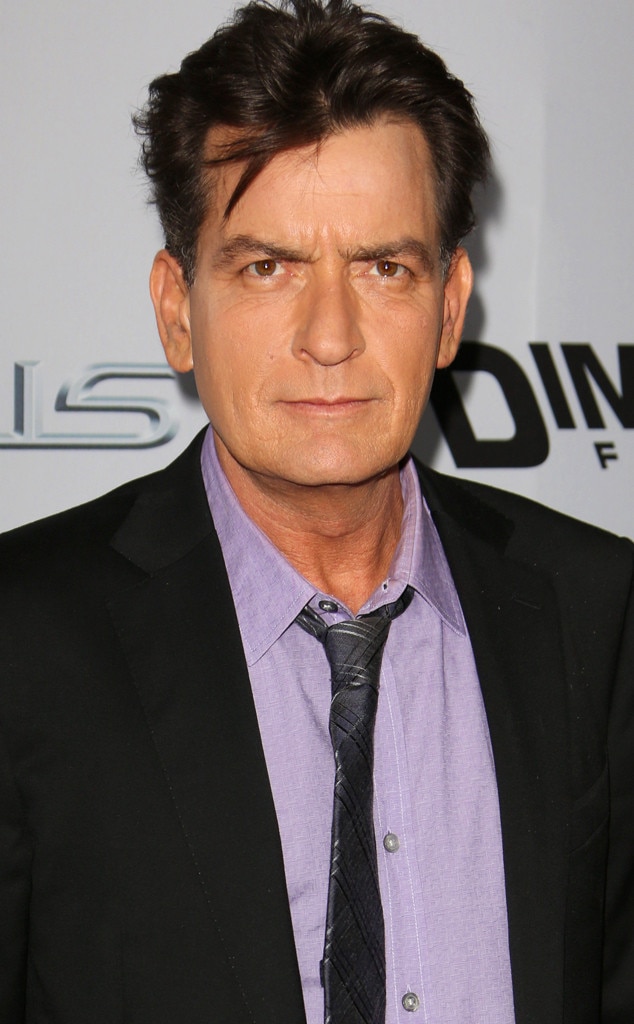
13. **Sheen’s Regret and Reflection: “A Different Life Right Now.”**Charlie Sheen’s current journey is heavily colored by a profound sense of regret and a deep-seated reflection on the choices that led to his public downfall and the fracturing of significant relationships. Now eight years sober, he openly grapples with the ‘what ifs’ of his past, acknowledging that his actions had far-reaching consequences that irrevocably altered the course of his life and career. This introspection is a cornerstone of his current efforts to reconnect and find peace.
In a moment of candid self-assessment, Sheen articulated this sentiment directly: “I think if I hadn’t done what I had, I could be living a different life right now. All my problems wouldn’t be what they are.” This statement speaks volumes about his current mindset, revealing a genuine understanding that his past struggles with addiction were not isolated incidents but pivotal events that created a cascade of problems, both personal and professional.
His reflection isn’t just about lost opportunities or financial consequences; it’s about the broader tapestry of his existence. It implies a recognition of missed connections, strained family ties, and the emotional toll exacted by his highly publicized battles. This acceptance of personal accountability marks a significant evolution for Sheen, moving away from past blame and toward a more mature understanding of cause and effect.
This deep sense of regret fuels his current desire for reconciliation and personal growth. It’s not just about mending fences with Jon Cryer or Chuck Lorre; it’s about making peace with his own past and forging a new path. His willingness to openly discuss these feelings, both in his memoir and documentary, underscores his commitment to transparency and his hopeful pursuit of a more stable, fulfilling future, free from the shadows of his former self.

14. **Reconciling with Chuck Lorre: A Path to Forgiveness and Collaboration**While the reconciliation with Jon Cryer remains an open question, Charlie Sheen has already demonstrated the profound possibility of mending fractured relationships, notably with “Two and a Half Men” creator Chuck Lorre. Their feud was once one of Hollywood’s most acrimonious, marked by public insults and a professional divorce that seemed irreparable. Yet, their recent collaboration on the 2023 drama “Bookie” offers a powerful testament to the healing power of time, sobriety, and mutual respect.
The history of their animosity was well-documented. Sheen had brutally and publicly attacked Lorre, calling him “a stupid, stupid little man” and even challenging him to a fight, among other inflammatory remarks. This led to Warner Bros. and CBS swiftly shutting down production and ultimately terminating Sheen’s contract, killing off his iconic character. It was a spectacular and public falling out that many believed could never be overcome.
Yet, fast forward to 2023, and the two were working together again, with Sheen making a cameo as himself in Lorre’s new series, “Bookie.” This wasn’t just a brief truce; it was a clear sign of a mended professional relationship, built on a foundation of forgiveness and a renewed appreciation for each other’s talents. It demonstrated that even the most deeply entrenched grievances can, with effort and time, be overcome.
Chuck Lorre himself spoke about their reconciliation in 2024, reflecting on their shared history. He noted, “We had a wonderful relationship for over eight years on ‘Two and a Half Men.’ And then things happened.” Lorre’s perspective highlighted the devastating break but also the enduring positive memories. He expressed genuine admiration, stating, “And so to find our way back to having that friendship again, and I’m a big admirer of his work, I always have been. It’s never been about the work. The work is impeccable.”
This successful reconciliation with Chuck Lorre stands as a beacon of hope for Charlie Sheen’s ongoing attempts to reconnect with Jon Cryer. It shows that despite the past hurts and public battles, it is possible for individuals to move past long-standing feuds and rebuild relationships, both personal and professional. It underscores Sheen’s commitment to accountability and his genuine desire to mend fences, proving that redemption, even in the glare of Hollywood, is always within reach.
Charlie Sheen’s journey, laid bare in his upcoming documentary and memoir, is a compelling narrative of reflection, regret, and the earnest pursuit of reconciliation. From a public plea for a phone number to acknowledging the deep wounds inflicted on a former co-star, his story is a raw and relatable testament to the complexities of human relationships in the unforgiving spotlight of fame. While the path to fully mending fences with Jon Cryer remains uncertain, Sheen’s current chapter, marked by sobriety and a profound desire for connection, showcases a man committed to facing his past and bravely forging a future rooted in forgiveness—both for himself and for those he may have hurt. It’s a story that reminds us all that even after the stormiest chapters, there’s always hope for a brighter, more connected tomorrow.

